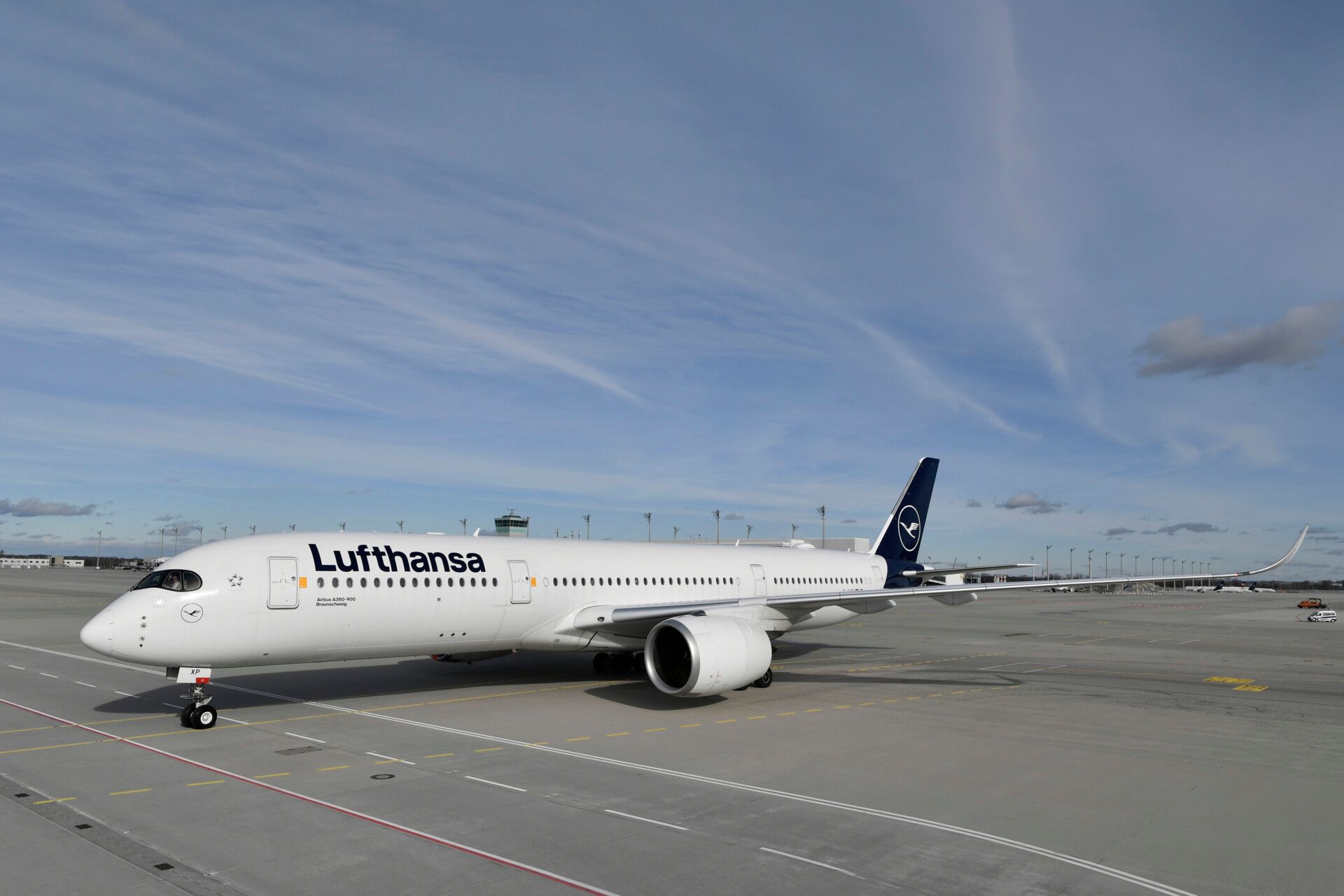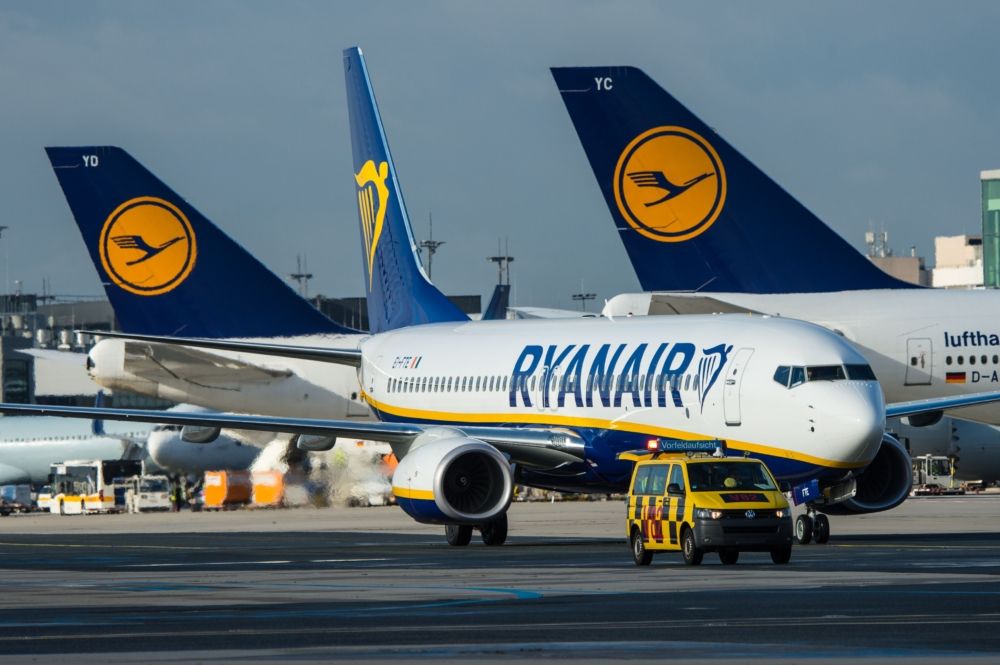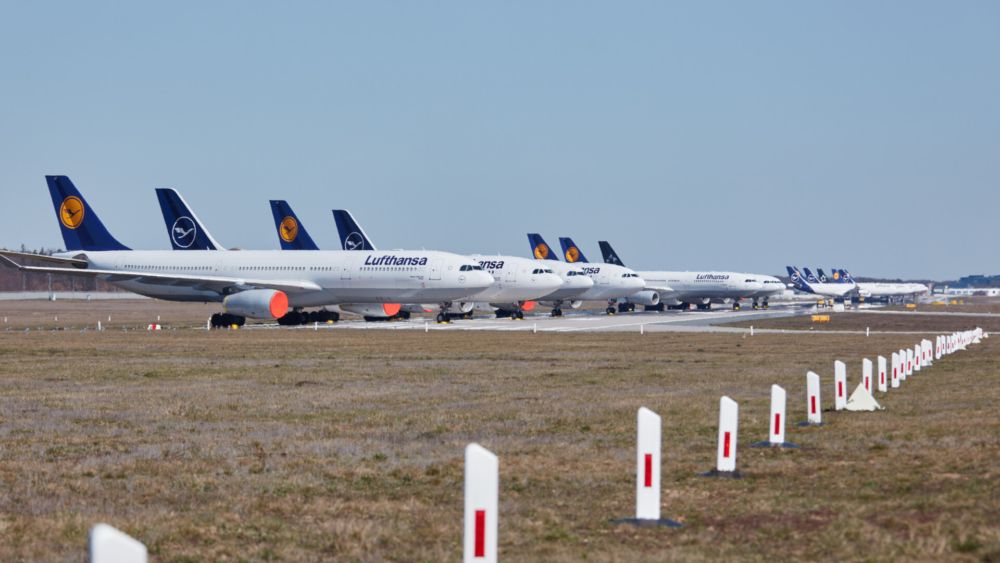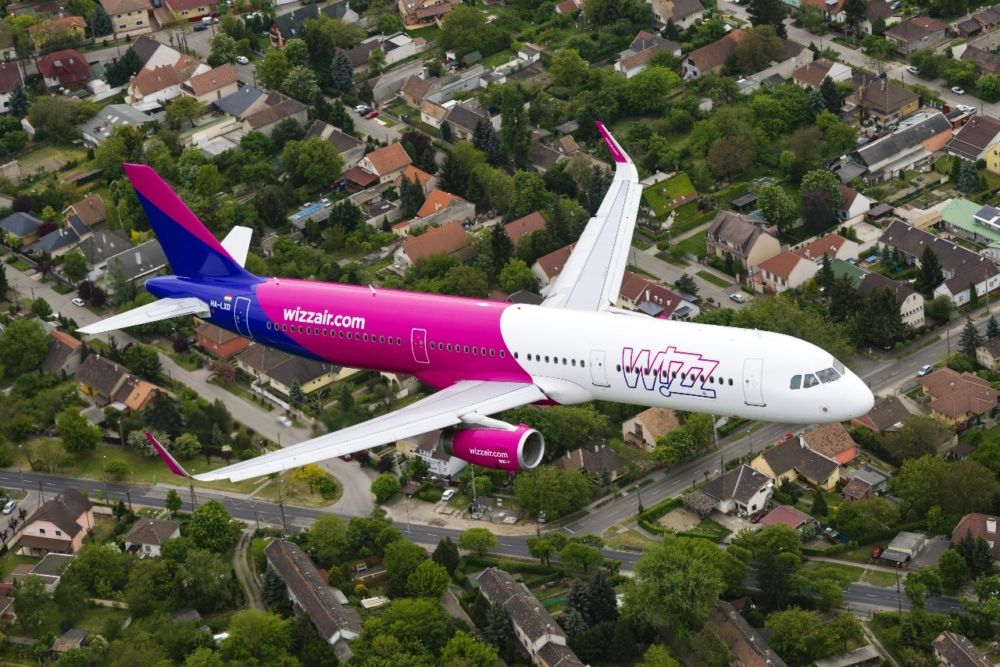In a recent interview, Lufthansa CEO Carsten Spohr commented on the recovery of the aviation industry as well as the rise in ticket prices. The German airline CEO is actually in favor of higher fares, claiming that ultra-low ticket prices weren't good for the industry or for the environment.
Low prices aren't healthy
Speaking with The Telegraph earlier this week, Lufthansa CEO Carsten Spohr came out firmly against the ultra-low fares offered by airlines in the budget carrier segment, saying:
"I believe that prices were too low before Covid. €9 or £9 from the UK to Portugal is not healthy for the industry, not healthy for our environment."
When Spohr speaks of single-digit airfares between European destinations, there are just three airlines that are typically able to offer such deals: Ryanair, Wizz Air, and easyJet. The operating model of these carriers allows them to lower their expenses and pass those savings on to travelers. Furthermore, their unbundled pricing structure means that many travelers will end up paying more to have certain additions like seat selection or a cabin bag.
A back and forth with Ryanair
Spohr has made similar comments in the past. Indeed in the summer of 2019, the CEO slammed low-cost carriers such as Ryanair for offering 'irresponsible' fares at €10 or less.
"[Low-cost carriers] are making our industry the target of criticism and clogging up the airspace, because an artificial demand is being stimulated that wouldn't exist if there were realistic prices. There should not be flights under 10 euros."
The accusation of 'distorting the competition' goes both ways, with Ryanair CEO Michael O'Leary stating that 2020 pandemic-relief subsidies across EU governments are distorting competition within the industry. In late January of this year, Ryanair took things a step further by filing documents with the European Union to challenge the German Government's €6 billion ($7.3 billion) bailout for Lufthansa.
Stay informed: Sign up for our daily and weekly aviation news digests.
Environmental costs
While there are other significant segments of the economy that emit more greenhouse gasses, the aviation industry has its part to play in making things better or worse as well.
When it comes to ultra-low-cost carriers, the low base fare has allowed more people to travel and has indeed been responsible for much of the rise in demand when it comes to pre-pandemic traffic. These low fares will also enable travelers to take shorter and more frequent trips - behavior that moves us further away from reducing carbon output.
At the same time, without considering airfare pricing, it should be noted that budget carriers often provide direct routing not available with network carriers. In offering niche routing across the European market, passengers no longer have to take inefficient and time-consuming flights through a carrier's hub airport.
Higher prices are inevitable (for now)
According to the NZ Herald, Michael O'Leary said in September that passengers should expect "dramatically higher" airfares. This, the CEO said, would be due to a surge in demand with a continued reduction in capacity as airlines continue to recover.
For his part, Lufthansa's Spohr acknowledges that costs will also be higher due to the global health crisis. Whether it's maintaining flexible booking policies or the cost of increased cleaning and employee PPE, the CEO has a point, and airlines will need to recover these costs through higher ticket prices.
So what do you think? Do airfares need to be higher for the sake of the environment, among other things? Let us know by leaving a comment.




